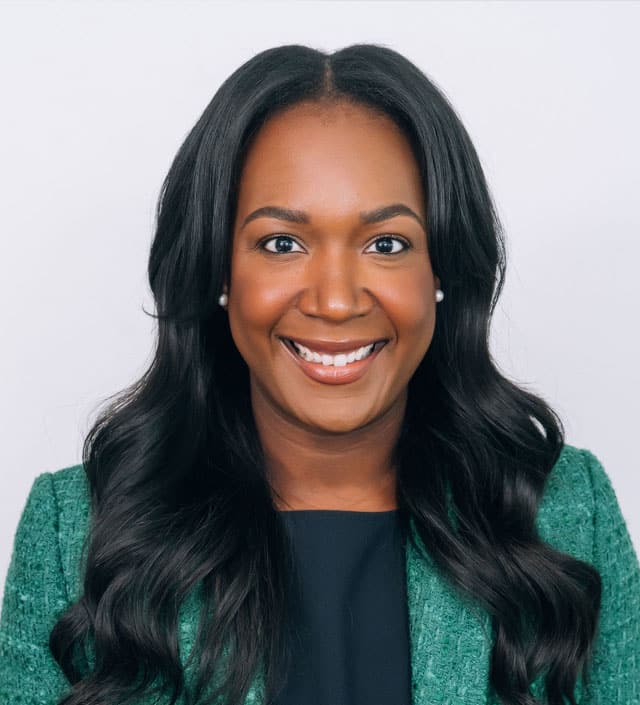Editor’s Note: Sonia Kowal is a Ukrainian-American with friends and family in Ukraine. She is president of Zevin Asset Management, a Boston-based investment management firm with a specialty in socially responsible investing. Rethinking65 reached out to her to ask how advisors and their clients can help during this humanitarian crisis — and how advisors can help clients of Ukrainian heritage who may need to rethink their own retirement plans to assist loved ones. One of Kowal’s pastimes, noted on her firm bio, is teaching Ukrainian egg art (psysanky).
Jerilyn Klein: Americans, along with the rest of the world, are watching in disbelief and horror at the images from Russia’s invasion of Ukraine. Many people want to help through philanthropic efforts but don’t know how to do this impactfully and swiftly. What would you like financial advisors to know so they can share this information with their clients? Are there any organizations you suggest to help those in Ukraine and refugees who’ve left the country?
Sonia Kowal: There are a number of wonderful organizations to which people can contribute to help with humanitarian (or even military) efforts on the ground. Some people choose to contribute to grassroots organizations with low overhead and an excellent understanding of what’s happening. An example is Razom. Others prefer to donate via large international charities — such as the Red Cross, UNICEF, UNHCR, CARE and Caritas — who are doing vital work along the border to assist refugees. And the third avenue is to contribute directly to efforts to help the military. Come Back Alive is an organization that provides support to the Ukrainian Armed Forces through its purchases of technology, training and ammunition.
Klein: Many financial planning and wealth management clients want their investments to align with their beliefs. How can financial advisors help their clients invest in a way that supports humanitarian efforts and the people of Ukraine and/or disavows Russia? I know that Zevin Asset Management has a specialty in socially responsible investing.
Kowal: By request of the Ukrainian government, the investor community should be doing all it can to isolate the Russian economy and financial system. Divesting (if that’s even still possible) from Russian assets is not nearly enough. Instead, financial advisors should be asking hard questions of the funds in which their clients are invested. Have they looked at the companies in their portfolios to understand their role in enabling the human rights atrocities in Ukraine through their products and services? This requires thoroughly researching and evaluating Russian supply chains and relationships. By isolating companies that contribute natural resources, misinformation, military or surveillance equipment, and funding to Putin’s physical and cyberwar machine, investors can provide strong support to Ukraine.
Mutual fund companies also need to engage with multinational companies operating in Russia that don’t have obvious ties to the Russian state. What practices have multinationals put in place to address the heightened risks of doing business in an authoritarian state? What are multinationals doing to ensure that their operations do not inadvertently enable human rights atrocities?
Klein: For many advisory clients, the war in Ukraine is much more personal. Friends and relatives are caught in the crossfire at home or are among the country’s more than 1 million refugees. What’s the best way for individuals to try to get resources directly to their loved ones, and to help get them get to the U.S.?
Kowal: From what I understand, Ukrainian banks are still operating normally and wires from U.S. banks are able to get through. It may also be possible to use services like PayPal or Western Union but it is best for clients to check with their loved ones how to best to help them. Here is a list of various resources by country that can be shared with those fleeing the war: https://unitedforukraine.org/refugee-resources.
Klein: Many Ukrainian-Americans realize they will likely need to provide longer-term support for friends and family members. What should they be thinking about to best assist them financially and emotionally?
Kowal: When feasible, sustaining commitments for financial support can be the most helpful and comforting aid for impacted persons. It may feel better to us to transfer $1,000 today to help with dislocation costs, with some intention of repeating in the future, but what might be even more appreciated is a pledge and commitment to send $50 per month for the next three years. Especially in circumstances of such current uncertainty and fear, the recipient will cherish the pledge and be better armed to form a budget for critical needs and rebuilding their lives if they know that they can count on a certain amount of support coming to them regularly and reliably.
Klein: How might Ukrainian-Americans need to rethink their own financial and retirement planning if they’ll be helping loved ones? What steps can they take to make sure they don’t jeopardize their own financial and retirement security?
Kowal: A clear sense of one’s financial goals, timelines and potential spending needs (both separately and inclusive of aid to impacted family members) is essential. A thorough consideration of this information with one’s financial advisor is very important to ensure that the anticipated withdrawals from the portfolio are safe and allow for enough of a safety cushion. Spending in retirement as well as the age of retirement may have to be revisited.
Klein: Financial advisors are often leaders in their communities. How can they get their communities more engaged to help?
Kowal: Organizing a medical-supply drive to send to Ukraine is something concrete that communities can do to help the people on the ground in Ukraine. In addition, the volunteer Territorial Defense force in Ukraine is in desperate need of walkie talkies to communicate, so donations of those are also urgently needed. Many urban areas in the U.S. have a Ukrainian church or other Eastern European church. Those are often good places to reach out to see what is needed.
Klein: Many people see crises in the moment but fail to recognize the long-term impact this has on people. What ongoing challenges would you like people to think about?
Kowal: There are some impacts that are very easy to foresee in catastrophic events like war, but many others cannot be easily anticipated until they are suffered. These include new medical expenses, mental health expenses, repairs that must be borne by individuals, inflated costs for all types of goods and services, lump-sum cash needs that are required to secure new jobs or dwellings, or education. Keeping in touch with impacted folks to understand how these financial needs evolve over time will help people better support them, both financially as well as emotionally.
Obviously, there is a big psychological toll on people who have been displaced from their homes with lives upended. Children especially are susceptible to trauma as a result of things they have witnessed. Imagine losing everything and finding yourself in a new place where you don’t speak the language or understand how things work. Support from their host communities means everything.
Klein: Is there anything else you’d like to add about the war in Ukraine, from any angle?
Kowal: Absent an overthrow of the current Russian regime, this war will likely be fought over a long period of time. When the crisis disappears from the headlines, please continue to support the Ukrainian people and their devastated nation. The trauma from this war will last many generations.
Klein: Thanks, Sonia. We will keep your friends and family in our thoughts and hope they remain safe. We’ll continue to check for updates with you and share whatever we can to help.







